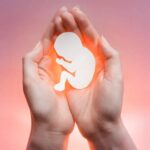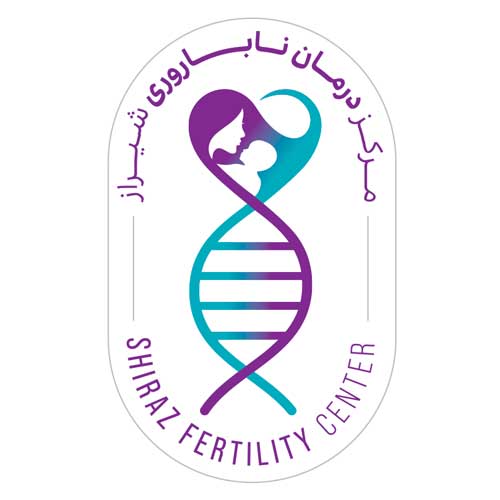
Recurrent miscarriage evaluation
Spontaneous abortion or recurrent miscarriage refers to the involuntary termination of a pregnancy before the 20th week of gestation (from the last menstrual period) or with a fetal weight of less than 500 grams. The loss of a pregnancy after 20 weeks is considered a stillbirth or preterm birth, and its causes generally differ from those of early pregnancy loss.
Historically, recurrent pregnancy loss (RPL) or habitual abortion was defined as three or more consecutive miscarriages.
There is no specific number of miscarriages or a strictly defined diagnostic criterion that necessarily justifies an evaluation for recurrent miscarriage or determines the extent of the investigation.
Decision-making should be individualized for each woman and should consider the woman’s age, timing and circumstances of previous miscarriages, medical and family history, and the level of anxiety experienced by the couple.
It is estimated that less than 5% of women experience two consecutive miscarriages and only 1% experience three or more miscarriages.
Today, recurrent miscarriage is often defined as three or more miscarriages (not necessarily consecutive). Additionally, clinical evaluation and appropriate treatment should be considered for couples who have experienced two consecutive miscarriages.

Epidemiology of Miscarriage
Miscarriage is a common occurrence, contrary to popular belief.
Almost all chromosomally abnormal pregnancies miscarry spontaneously before the 10th week of gestation, while over 90% of pregnancies with a normal karyotype continue. Miscarriage can be seen as a natural selection process for quality control.
Generally, approximately 12-15% of clinically recognized pregnancies end between 20-24 weeks of gestation. However, the actual rate of early miscarriage, including both recognized and unrecognized miscarriages, is 4-2 times higher, depending on age.
The highest rate of identifiable miscarriages occurs before the 8th week of pregnancy, and relatively few miscarriages occur after 12 weeks.
Regardless of previous obstetric history, the risk of clinically recognized spontaneous miscarriage increases with advancing maternal age.
- The risk of miscarriage is 7-15% for women under 30 years old.
- For women aged 30-34, the risk is relatively low at 8-21%.
- For women aged 35-39, the risk increases to 17-28%.
- For women 40 years and older, the risk increases significantly to 34-52%.
Women with a history of previous miscarriages are at an increased risk of subsequent miscarriages as they age. The risk of miscarriage in women over 40 years old (52%) is more than double that of women under 30 (25%). If all known and unknown miscarriages are considered, the miscarriage rate in women over 40 may be as high as 75% or more.
Who Should Be Evaluated for Recurrent Miscarriage?
A woman should be evaluated for recurrent miscarriage when any of the following criteria are met:
- Detection of fetal heart activity in a previous early miscarriage
- Normal karyotype in products of a previous miscarriage.
- Maternal age over 35 years.
- Infertility
The vast majority of early miscarriages are caused by chromosomal abnormalities in the egg, sperm, or in the early stages of embryonic development and are accidental events.
Even recurrent miscarriages may occur entirely by chance, but at least in some affected couples, there is an underlying predisposing factor.
Undeniable Causes of Recurrent Miscarriage
Include the following:
- Genetic factors (Balanced chromosomal translocations in either partner, increased incidence of aneuploid eggs related to maternal age)
- Anatomic factors (Congenital and acquired uterine abnormalities)
- Immunologic factors( Thrombotic complications of antiphospholipid syndrome)
Involvement of alloimmunopathology, inherited thrombophilia (factor V Leiden, etc.), endocrine dysfunction (thyroid disorders, diabetes, luteal phase deficiency), infections (genital mycoplasma), and exposure to environmental factors (smoking, excessive alcohol or caffeine consumption) have been implicated in recurrent miscarriage but have not been definitively proven. Even after a comprehensive evaluation, the cause of recurrent miscarriage remains unexplained in more than half of affected couples.
